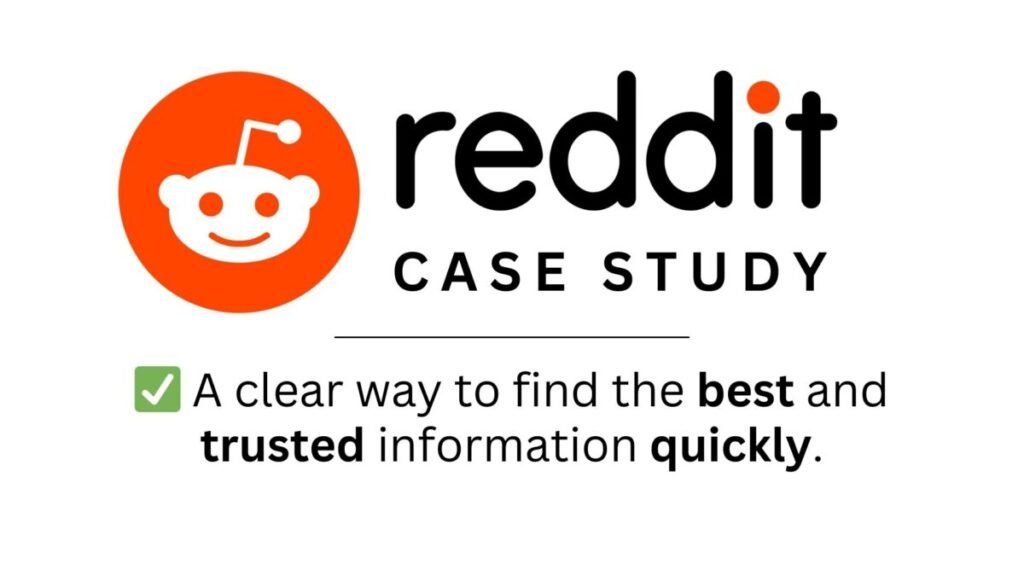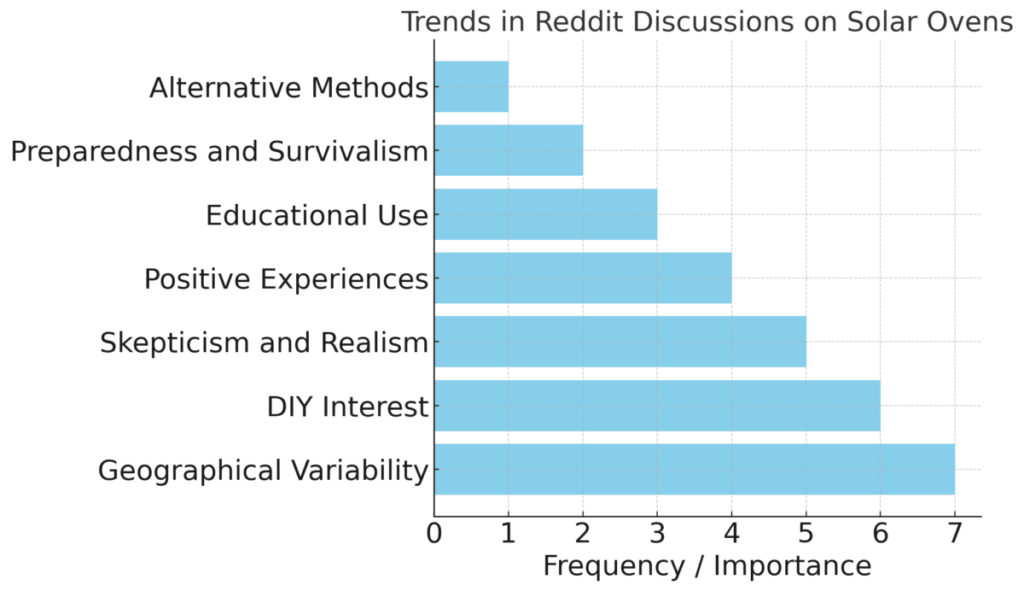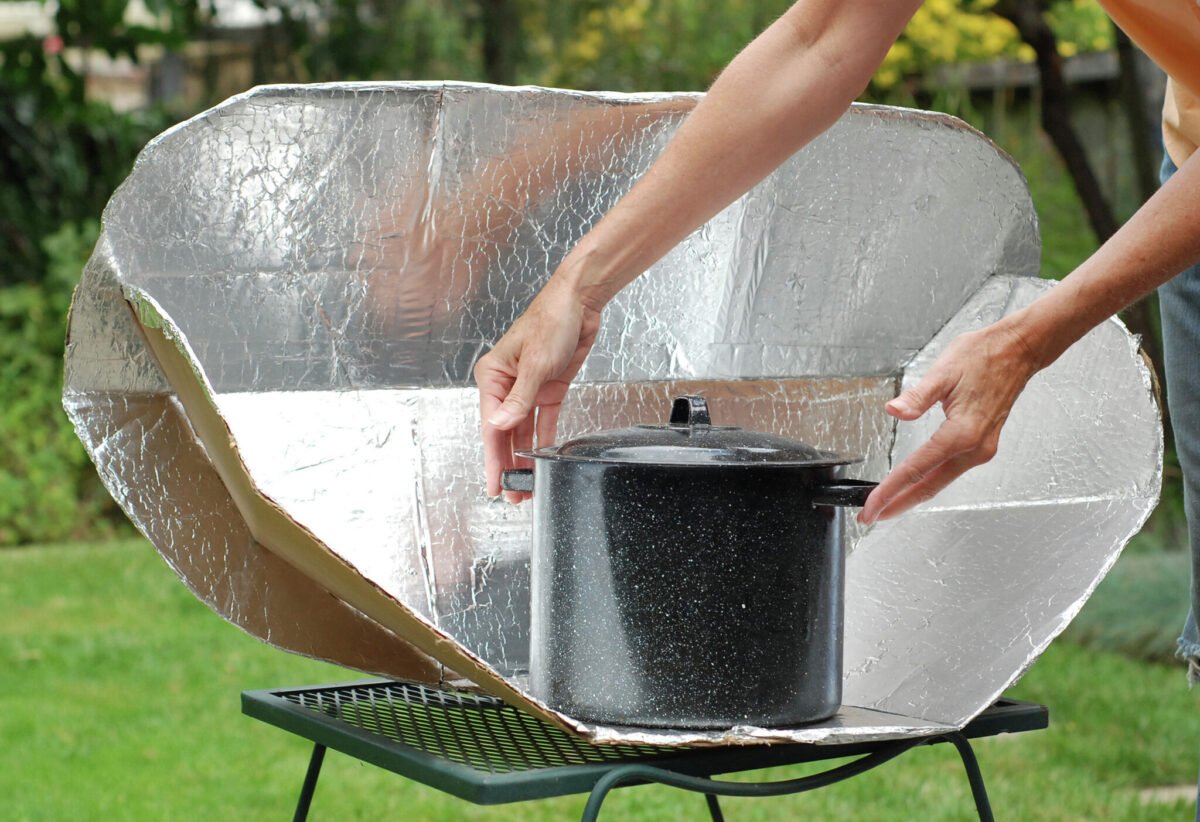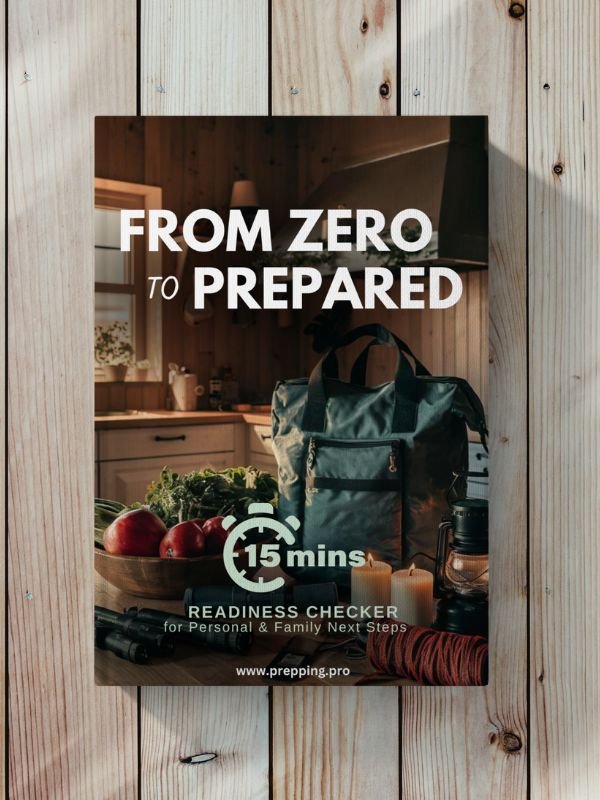Cooking using solar energy is an innovative and environmentally-conscious approach to meal preparation that harnesses the power of the sun. By utilizing solar cookers and solar cooking techniques, you can create delicious meals while reducing your carbon footprint and embracing a more sustainable lifestyle.
In this comprehensive guide, you’ll learn everything you need to know about harnessing the sun’s energy for cooking, from understanding solar cookers and techniques to exploring delicious solar recipes and sustainable cooking practices.
Key Takeaways
- Discover the benefits of solar cooking, including its eco-friendly nature, cost-effectiveness, and off-grid capabilities.
- Understand the different types of solar cookers and how they work to capture and convert sunlight into heat energy.
- Master essential solar cooking techniques and tips for optimal meal preparation.
- Explore a variety of solar recipes for breakfast, lunch, dinner, and desserts.
- Learn how solar cooking contributes to sustainable and eco-friendly living practices.
- Gain insights into using solar cooking for emergency situations and outdoor adventures.
- Access valuable resources and further reading materials to deepen your knowledge.
Table of Contents
Reddit Weighs In
In today’s world, where self-reliance and preparedness are becoming increasingly important, exploring alternative cooking methods is a topic of great interest for preppers.
One such method that has gained popularity is solar cooking, which harnesses the power of the sun to cook meals without relying on traditional fuel sources. Through the lens of recent Reddit threads, we will delve into the practicality and effectiveness of solar cookers for preppers.

Objective: This case study aims to provide an in-depth analysis of the discussions surrounding solar cookers on Reddit, offering insights into their functionality, limitations, and potential applications for preppers.
By examining the experiences and perspectives shared by the community, readers can gain a comprehensive understanding of whether investing in a solar cooker is a worthwhile endeavor.
Background Information
Context: The discussions explored in this case study originate from various subreddits, including r/preppers and r/solarpunk, where individuals with an interest in preparedness and sustainable living gather to exchange ideas and information.

The initial prompts ranged from inquiries about the effectiveness of solar cookers to personal experiences and recommendations from fellow Redditors.
Community Profile: The participants in these threads represent a diverse group of individuals united by their passion for preparedness and self-sufficiency.
Many are experienced preppers who have first-hand knowledge of alternative cooking methods, while others are newcomers seeking guidance on incorporating solar cooking into their preparedness plans.
Analysis of Discussion
Key Points: Through the discussions, several key points emerged regarding the use of solar cookers for preppers.
Firstly, many users attested to the functionality of solar cookers, provided that the conditions are favorable, with sufficient sunlight and clear skies.
However, limitations were also highlighted, such as longer cooking times and the need for consistent sun exposure throughout the cooking process.
Insights: One insightful observation from the threads is that solar cookers may not be a practical primary cooking solution but can serve as a valuable supplementary option, especially during emergencies or power outages.
Additionally, the community emphasized the importance of considering factors like location, climate, and personal preferences when deciding whether to invest in a solar cooker.


Personal Stories and Quotes
Contributor Highlights: Several Redditors shared their personal experiences with solar cookers, offering valuable first-hand accounts.
One user described their experience with the Go Sun and Haines 2 cookers, stating:
On a consistently sunny day, I can get two ‘shifts’ from the Haines cooker; so, for example, I can make a lasagna and a batch of rolls to go with it.
Reddit User
Differing Views: While many users expressed enthusiasm for solar cookers, some raised concerns about their practicality, especially in regions with limited sunlight or frequent cloud cover. One Redditor commented,
It won’t function outside of SoCal climate. Rain? Cloud? Snow? It becomes useless in an instant.
Reddit User
Practical Applications
Recommendations: Based on the discussions, several recommendations emerged for those considering investing in a solar cooker.
Many users advised starting with a DIY solar cooker to gain experience and assess its suitability for their needs before investing in a commercial product.
Additionally, users emphasized the importance of having backup cooking methods, such as a rocket stove or traditional fuel sources, for situations when solar cooking is not feasible.
Implementation Tips: For those interested in incorporating solar cooking into their preparedness plans, the community offered valuable tips.
These included monitoring weather forecasts to plan cooking times accordingly, investing in quality cookware designed for solar cooking, and experimenting with various recipes to understand the limitations and capabilities of solar cookers.
Conclusion
Summary: The discussions on Reddit revealed that solar cookers can be a viable and eco-friendly option for preppers, particularly in areas with abundant sunlight and clear skies.
While they may not serve as a primary cooking solution, solar cookers offer a valuable supplementary method, especially during emergencies or power outages. However, their effectiveness is contingent upon several factors, including location, climate, and personal preferences.
Reflection: As a prepper blogger, I find the concept of solar cooking intriguing and aligned with the principles of self-sufficiency and sustainability.
While it may not be a universal solution, the ability to harness the power of the sun for cooking purposes presents an attractive alternative, particularly in scenarios where traditional fuel sources are scarce or unavailable.
Call to Action: I encourage readers to explore the original Reddit threads and engage with the community to gain further insights and share their own experiences with solar cooking.
Additionally, consider experimenting with DIY solar cookers or investing in a commercial product suited to your specific needs and location. Embrace the spirit of preparedness and explore the potential of this sustainable cooking method.
References
The discussions referenced in this case study can be found in the following subreddits:
Specific threads:
- Do these solar ovens actually work?
- Solar stoves? Has anyone tried cooking with something like this?
- is investing/buying a solar cooker worth it?
Privacy and Policy Page
To learn more about how we handle user data and content on our blog, please visit: https://prepping.pro/privacy-policy/
Introduction to Solar Cooking
Solar cooking is a method of cooking that uses the sun’s energy to heat food, eliminating the need for traditional fuel sources like gas or electricity. This eco-friendly cooking method has been practiced for centuries in various parts of the world and is gaining popularity as people become more conscious of their environmental impact.
The benefits of solar cooking include:
- Eco-friendly: It produces no greenhouse gas emissions or pollution, making it an environmentally-friendly cooking option.
- Cost-effective: Once you have a solar cooker, the energy source (sunlight) is free, saving you money on fuel costs.
- Off-grid capability: Solar cookers allow you to prepare meals without relying on traditional energy sources, making them ideal for camping, emergencies, or off-grid living situations.
Historically, solar cooking has been practiced in various cultures around the world, with early examples dating back to the 16th century. Today, it continues to be a popular and practical cooking method, particularly in regions with abundant sunlight.
Understanding Solar Cookers
Types of Solar Cookers
Solar cookers come in various designs, each with its own advantages and suitable applications. Here are some common types of solar cookers:
| Type of Solar Cooker | Description |
|---|---|
| Box cookers | Insulated boxes with a transparent glass or plastic cover that captures and concentrates sunlight onto a dark-colored interior surface, where food is placed. |
| Panel cookers | Similar to box cookers, panel cookers feature reflective panels that concentrate sunlight onto a cooking pot or tray. |
| Parabolic cookers | These cookers have a parabolic-shaped reflector that concentrates sunlight onto a central cooking pot or container, reaching higher temperatures suitable for frying, grilling, or baking. |
| Evacuated tube cookers | These cookers use evacuated glass tubes to absorb and retain heat, providing consistent cooking temperatures over longer periods. |
How Solar Cookers Work
Solar cookers work by capturing and converting sunlight into heat energy, which is then used for cooking. The process involves:
- Sunlight enters the cooker through a transparent cover or reflective surface.
- The interior of the cooker is designed to absorb and retain heat, often with dark-colored surfaces or insulation.
- Trapped heat builds up inside the cooker, raising the temperature to levels suitable for cooking various foods.
The efficiency of a solar cooker depends on factors such as the design, materials used, and the intensity of sunlight available.
Solar Cooking Techniques and Tips
To get the most out of your solar cooking experience, it’s essential to understand the proper techniques and follow some helpful tips.
Preparation and Setup
- Choosing the right location and orientation: Position your solar cooker in an area that receives direct sunlight throughout the day, and orient it towards the sun for maximum heat absorption.
- Preheating and insulation: Preheat your solar cooker by allowing it to capture sunlight for a while before adding food. Use insulation materials like towels or blankets to retain heat inside the cooker.
- Food preparation and cooking times: Prepare your ingredients in advance, and be mindful of cooking times, as solar cooking often requires longer cooking durations compared to traditional methods.
Cooking Methods
- Baking, roasting, and grilling: Solar cookers can be used for baking breads, roasting vegetables, and grilling meats or plant-based alternatives.
- Boiling, steaming, and simmering: With the right setup, you can boil water, steam vegetables, or simmer soups and stews using a solar cooker.
- Dehydrating and preserving: Solar cookers can be used to dehydrate fruits, vegetables, or herbs, providing a convenient way to preserve food without electricity. Check out our guide on methods of drying and dehydration for more information.
| Cooking Method | Temperature Range | Suitable Dishes |
|---|---|---|
| Baking | 300°F – 400°F | Breads, pastries, casseroles |
| Roasting | 325°F – 375°F | Meats, vegetables |
| Boiling | 212°F | Soups, stews, grains |
| Steaming | 212°F – 250°F | Vegetables, dumplings |
| Dehydrating | 135°F – 165°F | Fruits, herbs, jerky |
Solar Recipes
With a solar cooker and some creativity, you can prepare a wide range of delicious and nutritious meals using the sun’s energy.
Breakfast Dishes
- Egg bakes: Whip up a hearty egg bake with vegetables, cheese, and your favorite seasonings.
- Granola: Toast oats, nuts, and dried fruits in a solar cooker for a homemade granola.
- Oatmeal: Cook steel-cut or rolled oats with your preferred toppings for a wholesome breakfast.
| Breakfast Dish | Cooking Time (approximate) | Ideal Solar Cooker Type |
|---|---|---|
| Egg bake | 1 – 1.5 hours | Box cooker, panel cooker |
| Granola | 2 – 3 hours | Box cooker, panel cooker |
| Oatmeal | 30 – 45 minutes | Box cooker, panel cooker |
Lunch and Dinner Meals
- Soups and stews: Simmer hearty soups, stews, or chilis in a solar cooker for a flavor-packed meal.
- Casseroles: Assemble and bake casseroles with layers of vegetables, grains, and proteins.
- Grilled meats and vegetables: Cook your favorite meats, fish, or plant-based alternatives alongside grilled vegetables for a complete meal.
| Lunch/Dinner Dish | Cooking Time (approximate) | Ideal Solar Cooker Type |
|---|---|---|
| Soups/stews | 2 – 4 hours | Box cooker, panel cooker |
| Casseroles | 1.5 – 3 hours | Box cooker, panel cooker |
| Grilled items | 1 – 2 hours | Parabolic cooker |
Desserts and Snacks
- Fruit crisps and cobblers: Bake sweet fruit crisps or cobblers with a golden, crispy topping.
- S’mores: Assemble and melt s’mores in a solar cooker for a nostalgic camping treat.
- Baked goods: Experiment with baking breads, muffins, or cookies using your solar cooker.
| Dessert/Snack | Cooking Time (approximate) | Ideal Solar Cooker Type |
|---|---|---|
| Fruit crisps/cobblers | 1 – 2 hours | Box cooker, panel cooker |
| S’mores | 15 – 30 minutes | Box cooker, panel cooker |
| Baked goods | 1 – 2 hours | Box cooker, panel cooker |
Sustainable and Eco-Friendly Cooking
By embracing solar cooking, you’re not only reducing your reliance on traditional energy sources but also contributing to a more sustainable and eco-friendly lifestyle. Here are some key benefits:
- Reducing your carbon footprint: Solar cooking produces zero greenhouse gas emissions, helping to mitigate your environmental impact.
- Using renewable energy sources: Sunlight is a renewable and abundant energy source, making solar cooking a sustainable choice.
- Minimizing food waste: Solar cookers often cook food more slowly, preserving nutrients and flavors, which can help reduce food waste.
To further promote sustainability in your cooking practices, consider:
- Using locally sourced, seasonal ingredients
- Composting food scraps and kitchen waste
- Reducing single-use plastics and opting for reusable containers
- Exploring long-term food preservation methods like vacuum sealing, canning, and mylar bags.
| Sustainable Practice | Environmental Impact |
|---|---|
| Solar cooking | Reduces greenhouse gas emissions, conserves non-renewable energy sources |
| Using local, seasonal ingredients | Lowers carbon footprint from transportation, supports local farmers |
| Composting food waste | Reduces methane emissions from landfills, creates nutrient-rich soil |
| Reusable containers | Minimizes plastic waste, reduces reliance on single-use plastics |
Solar Cooking for Emergency Situations
In the event of natural disasters, power outages, or other emergency situations, having a reliable cooking method can be crucial. Solar cooking offers several advantages in these scenarios:
- No reliance on traditional fuel sources: Solar cookers don’t require electricity, gas, or other fuel sources, making them a practical option during emergencies.
- Portability: Many solar cookers are lightweight and compact, making them easy to transport or store in an emergency kit.
- Sustainability: With solar cooking, you can prepare meals without depleting limited resources or contributing to environmental pollution.
To be prepared for emergency situations, consider assembling an emergency solar cooking kit that includes:
- A portable solar cooker
- Heat-resistant cooking pots or pans
- Utensils and oven mitts
- Non-perishable food items (check out our guide on what non-perishable foods to stock up on)
- A water purification system (if necessary)
Additionally, familiarize yourself with survival cooking techniques using a solar cooker, such as boiling water for purification, cooking dehydrated or canned foods, and preserving perishable items. Our article on DIY MRE preparation can provide more insights.
| Emergency Preparedness Item | Purpose |
|---|---|
| Portable solar cooker | Cook meals without traditional fuel sources |
| Heat-resistant cookware | Safe for solar cooking temperatures |
| Non-perishable food | Long shelf life, easy to prepare |
| Water purification system | Ensure access to clean drinking water |
Off-Grid and Outdoor Solar Cooking
Solar cooking is not just for emergencies; it’s also a fantastic option for outdoor adventures and off-grid living. Here are some ways to incorporate solar cooking into your outdoor activities:
- Camping and hiking: Pack a lightweight solar cooker on your next camping or hiking trip to prepare hot meals without relying on a campfire or camp stove.
- Tailgating and picnicking: Set up a solar cooker at your next tailgate party or picnic to keep food warm and fresh without the need for electricity or gas.
- Backyard solar cooking parties: Host a sustainable and eco-friendly backyard party by setting up solar cookers and preparing delicious dishes using the sun’s energy.
When cooking outdoors with a solar cooker, consider:
- Choosing a location with ample sunlight exposure
- Bringing insulating materials to retain heat in the cooker
- Planning ahead and preparing ingredients in advance
For alternative off-grid cooking methods, check out our guides on emergency wood stoves, alcohol stoves, and fire pits for cooking.
Resources and Further Reading
To learn more about solar cooking and explore additional resources, consider:
- Books: “Cooking with Sunlight” by Louise Meyer, “The Solar Cooking Handbook” by Judy Ridgway, and “The Solar Chef” by Rachelle Bouska.
- Websites and online communities: SolarCookingArchive.com, SolarCookers.org, and SolarCookingCommunity.org.
- DIY solar cooker plans and tutorials: Instructables.com, YouTube channels, and online forums.
- Local solar cooking classes or groups: Check with your local community centers, environmental organizations, or meetup groups for solar cooking workshops or clubs.
Conclusion
Cooking using solar energy is a sustainable, eco-friendly, and cost-effective approach to meal preparation that harnesses the power of the sun. By embracing solar cooking techniques and solar cooker recipes, you can reduce your carbon footprint, minimize your reliance on traditional energy sources, and enjoy delicious and nutritious meals.
Whether you’re interested in sustainable living, emergency preparedness, or outdoor adventures, solar cooking offers a versatile and practical solution. So why not harness the sun’s energy and embark on a journey towards a greener and more environmentally-conscious lifestyle? Start exploring solar cooking today and discover the many benefits it has to offer.


